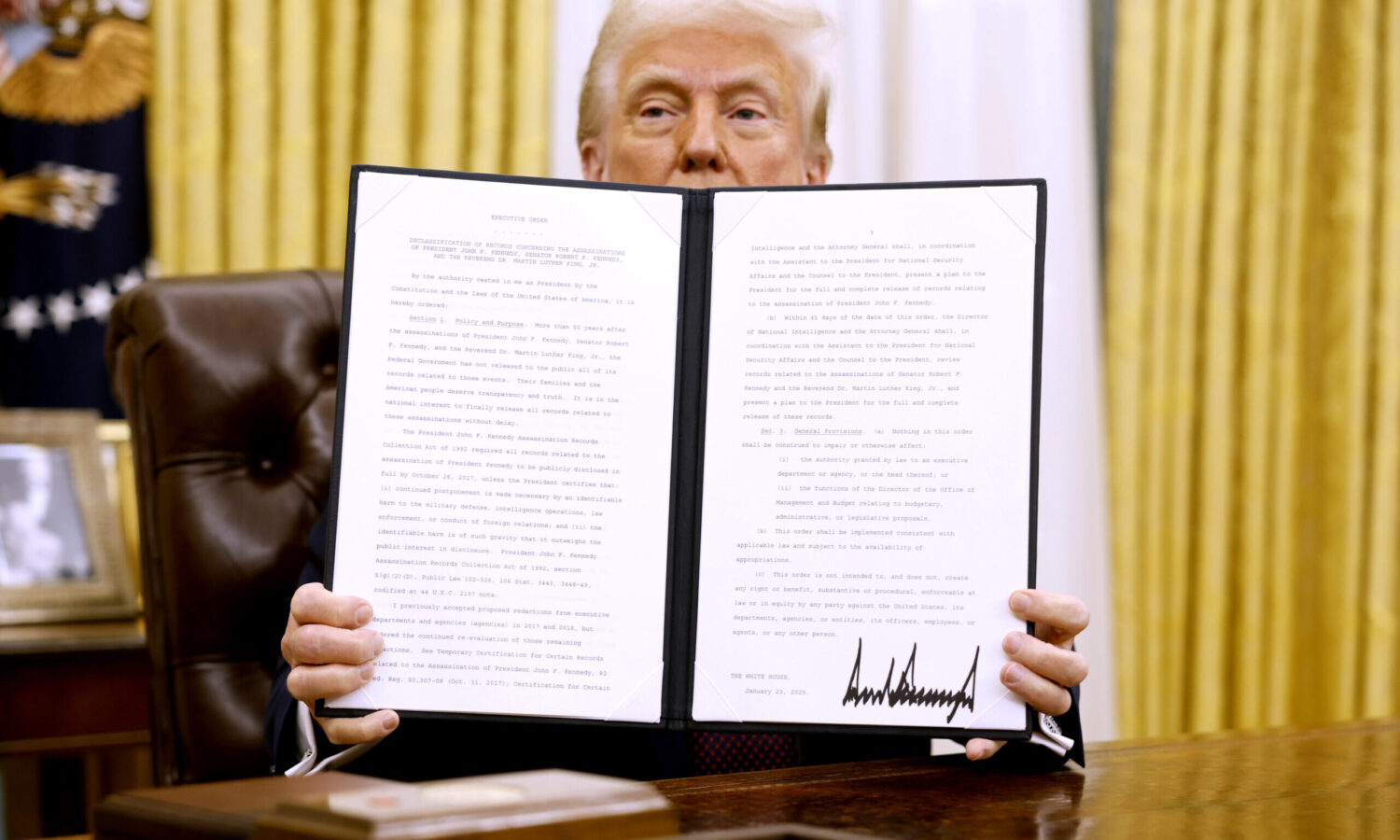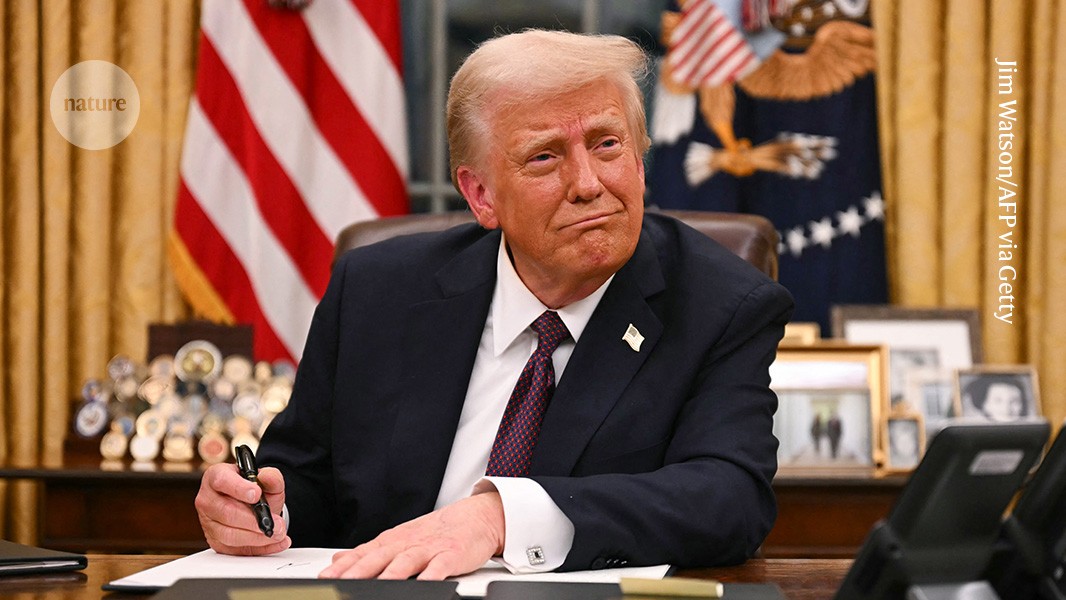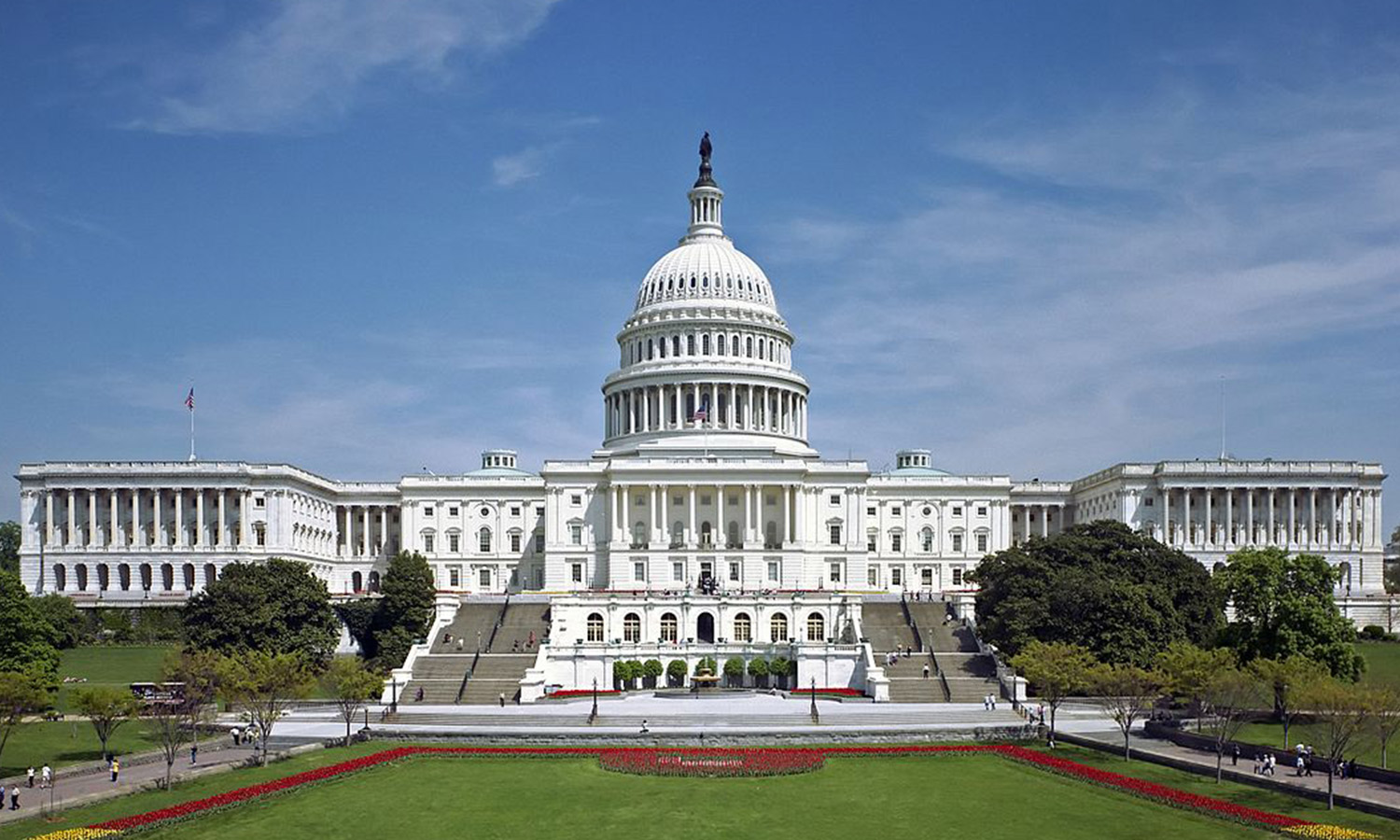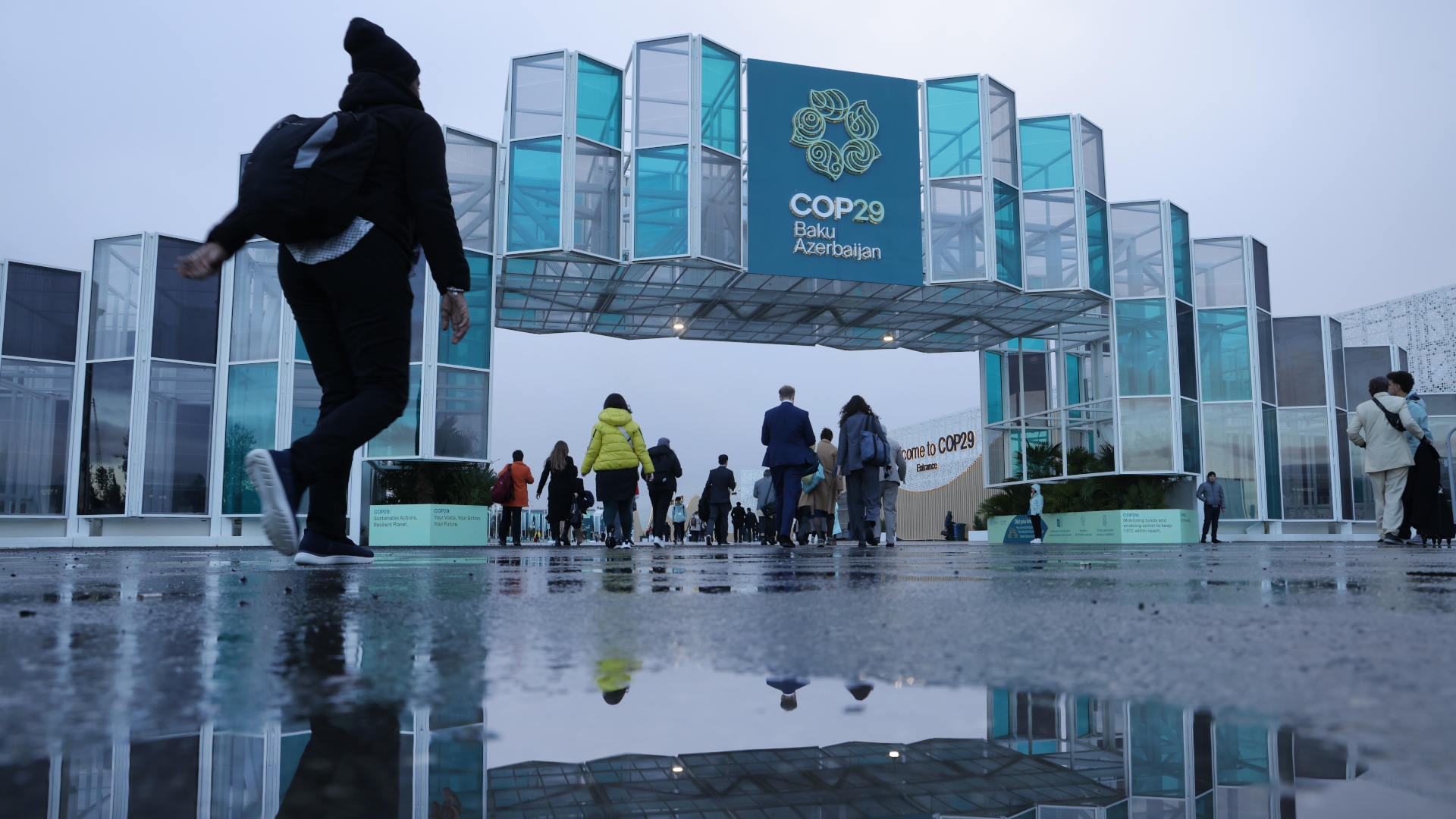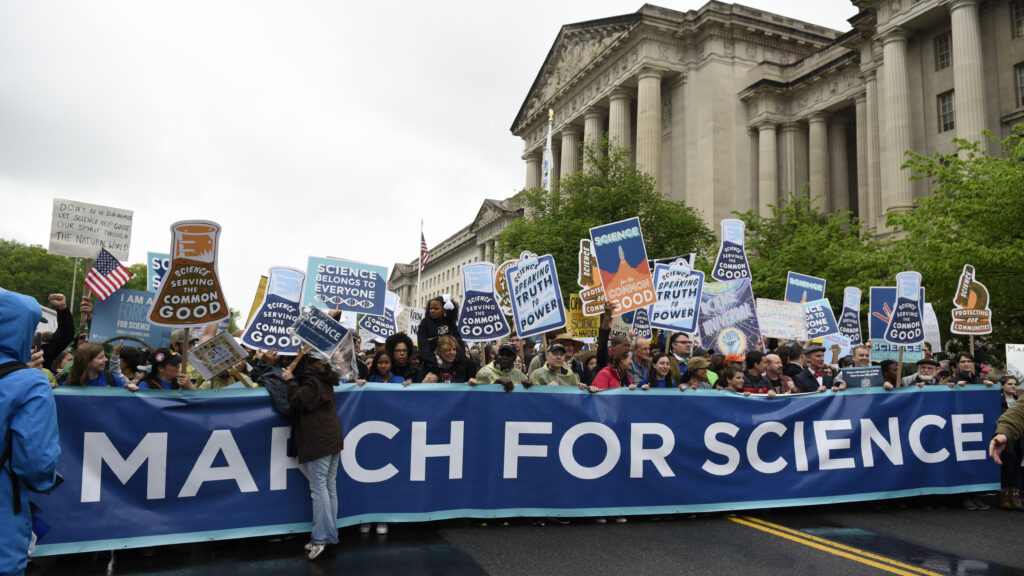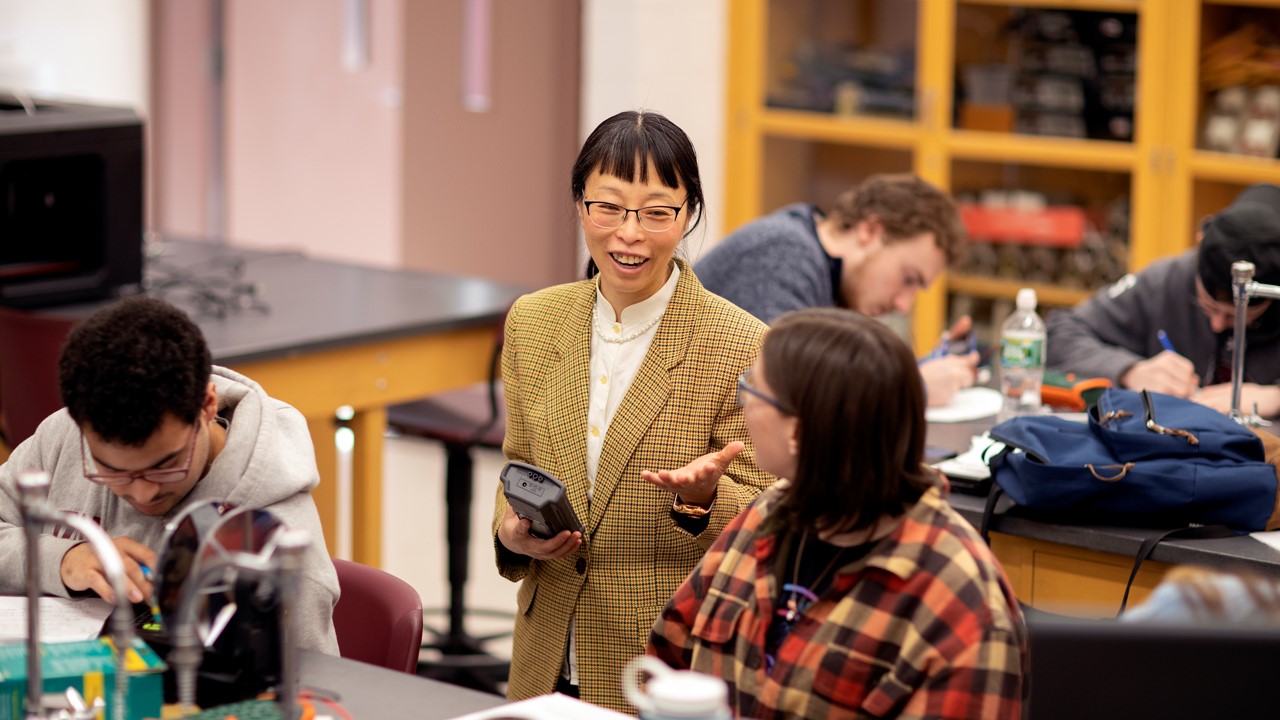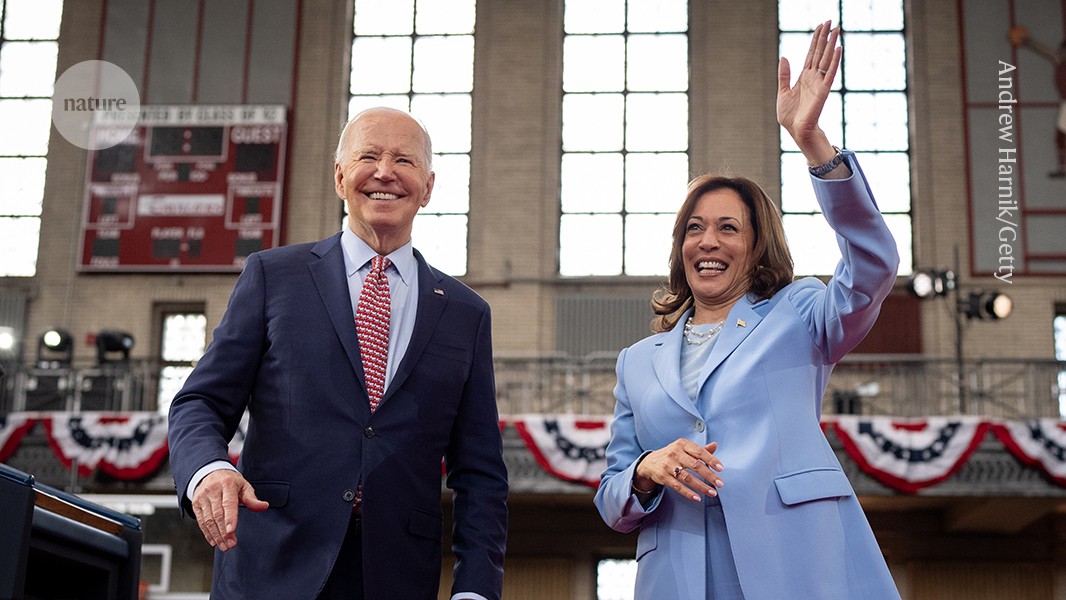Send us a link
Public-health Experts Should Be More Political, Not Less
Health has always been political, long before Donald Trump and Robert F. Kennedy Jr took power. Denying this is what's been killing us.

Democracy in crisis: Trust in democratic institutions declining around the world
Democracy in crisis: Trust in democratic institutions declining around the world
New research from the University of Southampton has found that trust in representative institutions, such as parliaments, governments and political parties, has been declining in democratic countries around the world.
Cutting Funding for Science Can Have Consequences for the Economy, US Technological Competitiveness
How Populist Leaders Like Trump Use 'Common Sense' As an Ideological Weapon to Undermine Facts
How Populist Leaders Like Trump Use 'Common Sense' As an Ideological Weapon to Undermine Facts
When common sense is promoted as a virtue, it's not just to celebrate how regular people understand the world. It promotes a worldview that rejects empirical facts and paves the way for propaganda.
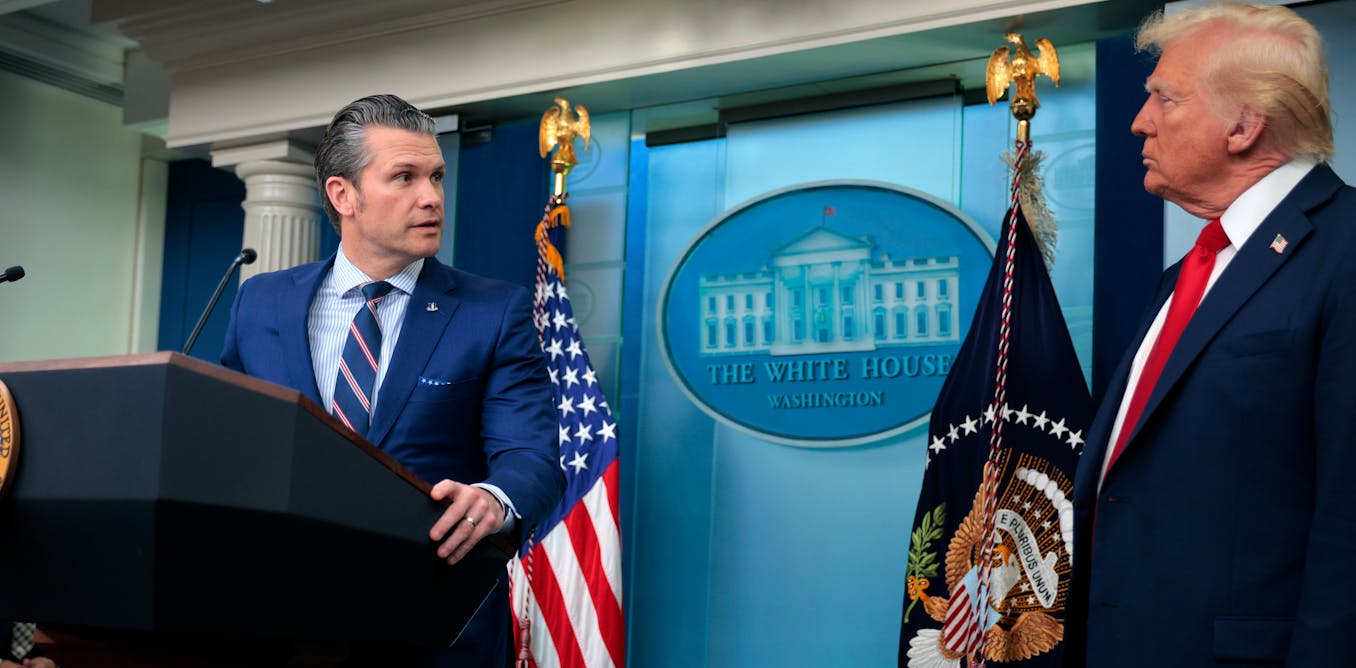
How Science Has Fared in the First Two Weeks of the New Trump Administration
Poland Presents Research and Innovation Priorities for Council Presidency
Poland Presents Research and Innovation Priorities for Council Presidency
Poland plans to use its six-month presidency of the European Council to advance the uptake of artificial intelligence in science, and to lay the groundwork for FP10, the next Framework Programme for research and innovation.
Organizations Call on Senators to Consider Nominees' Respect for Science
Improving Universities' Public Standing
How universities can help make their case

How Science Journals are Confronting the 'Existential' Question of Politics this Election
Political Candidates Who Fight Climate Change Stand to Benefit in Election
Nearly 52% of Floridians favor candidates who reduce climate impacts. About 68% believe the state should take more action on climate issues and 67% feel the federal government should as well. Notably, 88% acknowledge climate change is occurring. About 75% of respondents advocate for a diversified energy mix to include more electricity produced by renewable sources. Nearly 73% of respondents worry about home energy expenses and nearly 58% are concerned about being able to afford and maintain homeowners’ insurance due to climate change.
In the Authoritarians' New War on Ideas, Biology Might Be Next
The debate over the teaching of history in schools portends a future war on ideas that includes the natural sciences.
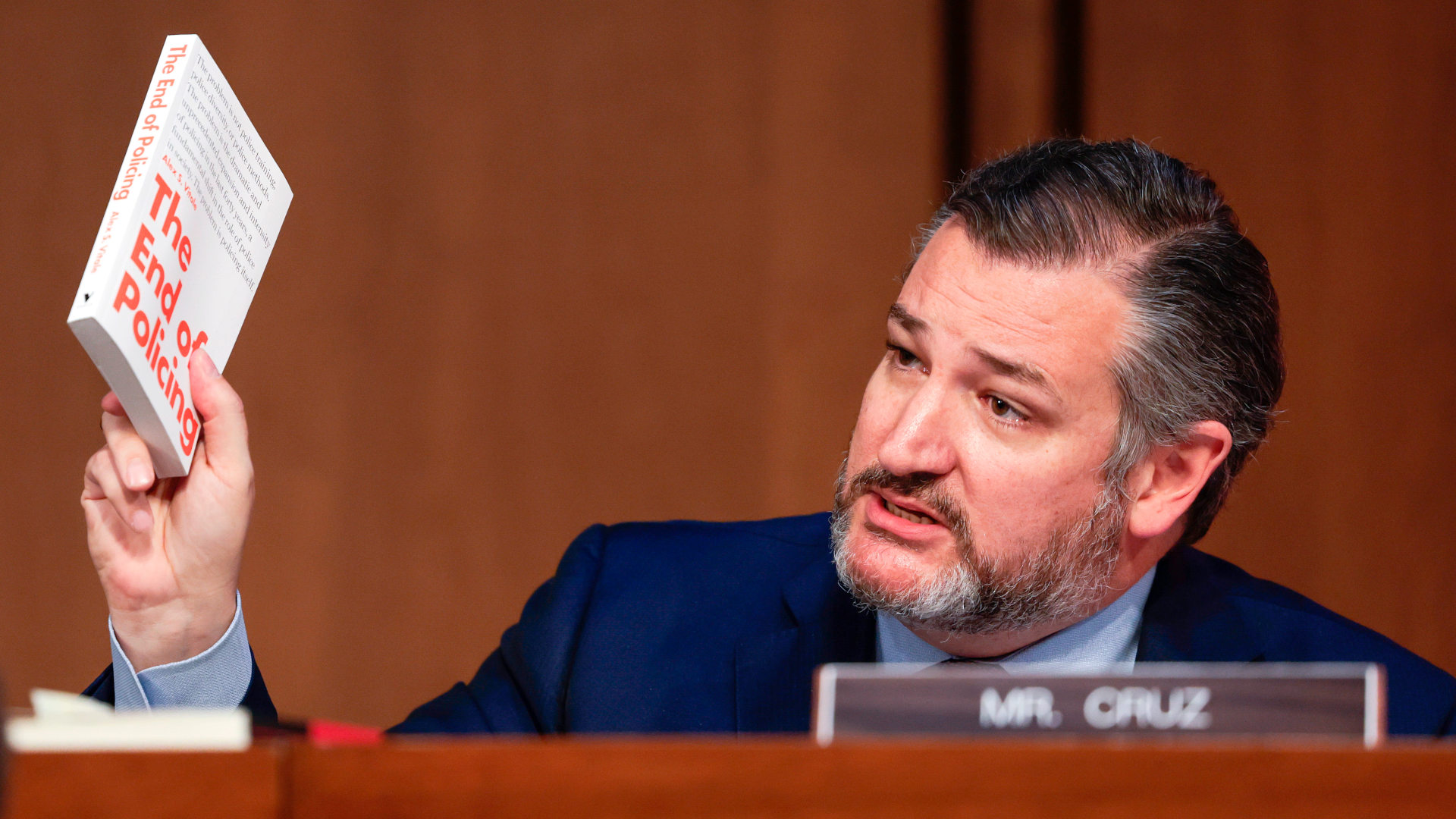
Universities Not in Favour of Dual-use Research
Universities and academic institutions have largely rejected a European Commission proposal to allow dual use research projects in FP10, the successor programme to Horizon Europe due to start in 2028. Following Russia's invasion of Ukraine, Brussels and national capitals worry whether the EU could defend itself if directly attacked by Moscow, and want to step up defence R&D in response.
Despite Strong Interest in Physics, Some Universities Are Shuttering Departments
With yet another term in sight for Venezuela’s Maduro, scientists hold little hope for their future
Repression Grows in Russian Universities
Civil rights activists report that any criticism of the war in Ukraine is being stifled. Militarisation and ideological indoctrination are also increasing.
Neutrality’s Effects On Academic Freedom
The idea that universities in the United States—and especially their presidents—should be politically neutral was taking hold long before their recent struggles in responding to the Israel–Hamas war.
In a first, botanists vote to remove offensive plant names from hundreds of species
Partisan Politics and Perceptions of Immorality
Democrats and Republicans overestimate the percentage of people in the opposing party who approve of widely agreed-upon moral wrongs, such as theft or animal abuse, according to a study. According to the authors, correcting the basic morality bias is an effective approach to combat political dehumanization.
×


